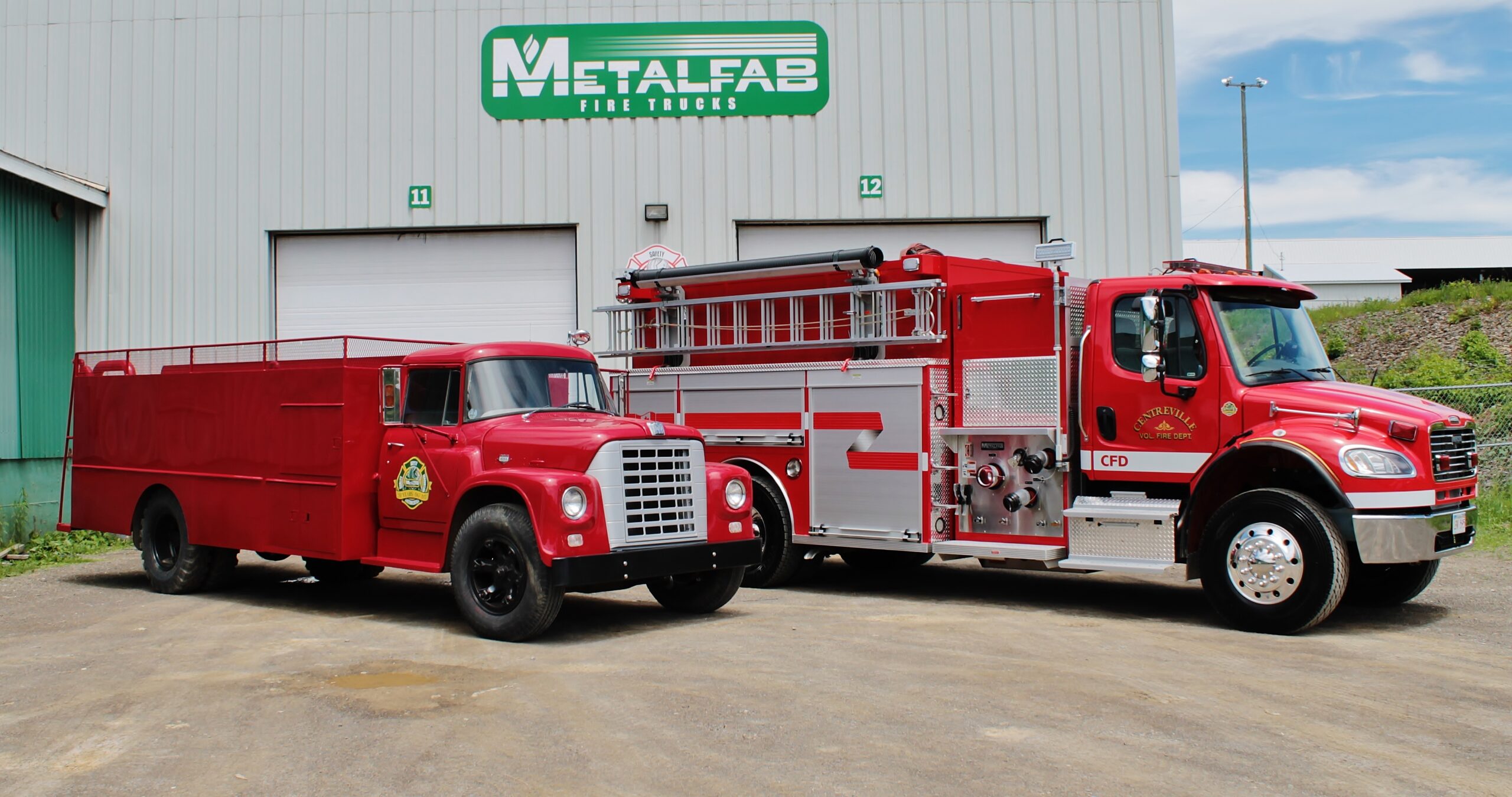
It’s Fire Prevention Week – Plan Ahead
Fire Prevention Week, October 9–15, is a good time to remind us to be prepared in the event of a fire in our home. This year, the National Fire Prevention Association (NFPA) is celebrating 100 years of keeping you and your loved ones safe with their tips, service, and educational materials. The 2022 theme—“Fire won’t wait. Plan your escape.”—was devised to educate people about simple but effective actions to take to keep themselves and those around them safe from home fires.
Just a few easy steps will get you ready just in case an emergency occurs. First and foremost, plan and practice your own home fire escape route. You should prepare everyone in advance of what to do if and when that smoke alarm goes off. Walk each household member through the plan and even hold a fire drill if necessary. Remember, children, seniors, and people with disabilities may need special assistance to get out, so designate someone to help them.
Are your smoke alarms in working order? Are the batteries fresh? Make sure you place a smoke alarm in every bedroom, outside of the sleeping areas (in the hallway), and on each level of your home. You do not need to put smoke alarms in the kitchen or bathrooms. Also make sure to test each alarm. The NFPA recommends testing smoke alarms at least once a month and replacing batteries either once a year or when the alarm “chirps” to tell you the battery is low. Replace any smoke alarm that is more than 10 years old.
For extra protection, install combination smoke and carbon monoxide alarms that are interconnected throughout your home. You can have them installed by a qualified electrician so that when one sounds, they all go off.
Planning ahead is also crucial for fire departments when it comes to purchasing equipment. Fire won’t wait for your department to have a new truck in service or because your 25-year-old truck won’t pump.
Ensure that your department schedules regular service plans for each truck. This might take place every week, every month, or every year. Make sure that your inspections are followed as detailed by the manufacturer.
To be thorough, perform the following tasks:
- An annual pump test should be performed to ensure the pump is operating at maximum capacity.
- Perform early truck inspections and service to ensure that the engine and driveline are operating as required.
- Perform weekly or monthly equipment checks to ensure all equipment mounted on the truck is present and is in good operating condition.
Even with regular inspection schedules in place, you should have a truck replacement plan and know when a unit needs to be replaced in advance. This is crucial because current lead times for delivery have been extended. It’s a good idea to have a truck committee in place to ensure a new truck is present prior to the required date of the plan.
With proper planning—whether it’s in your home, at your business, or within your department—you should be ready when fire strikes.

